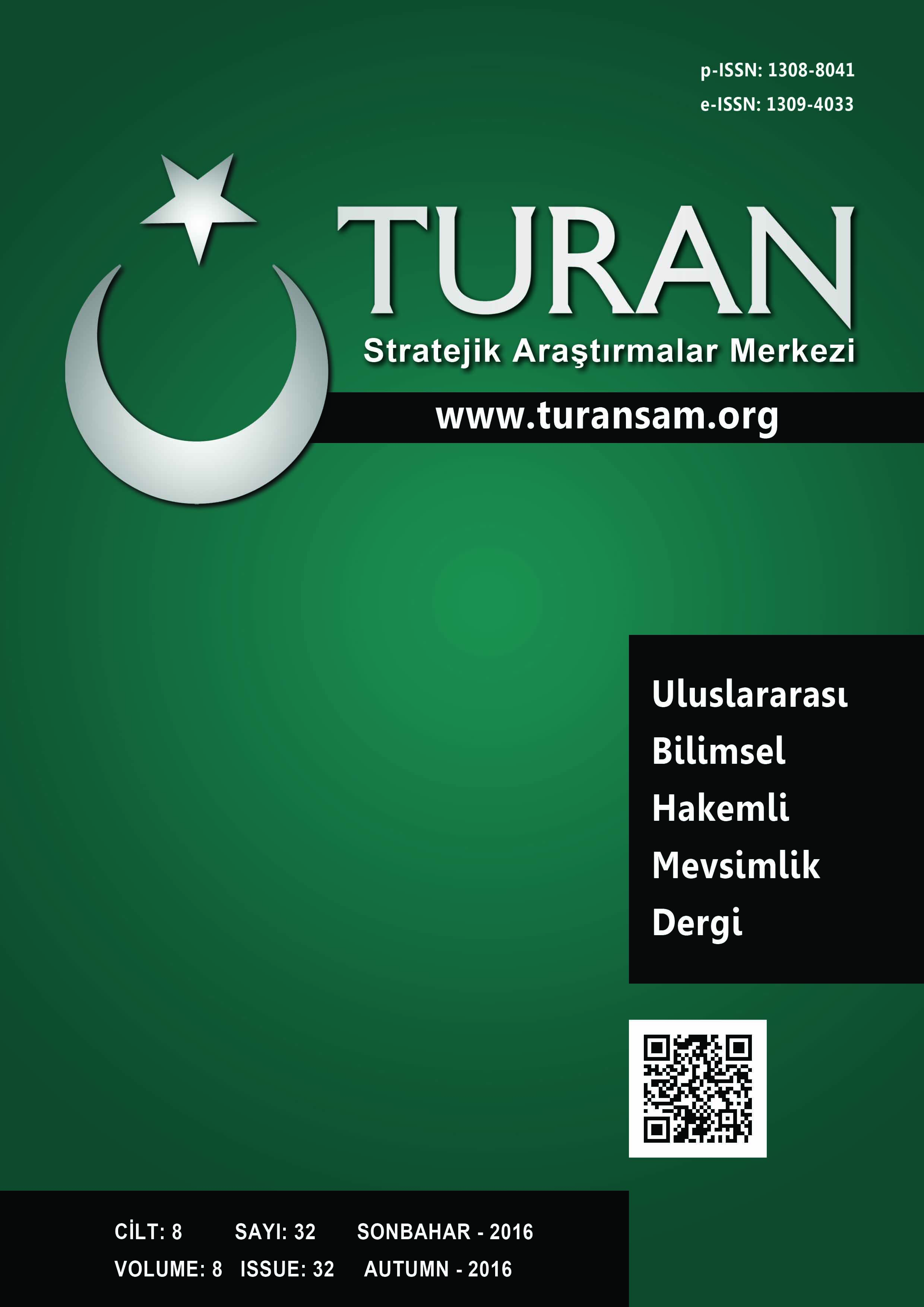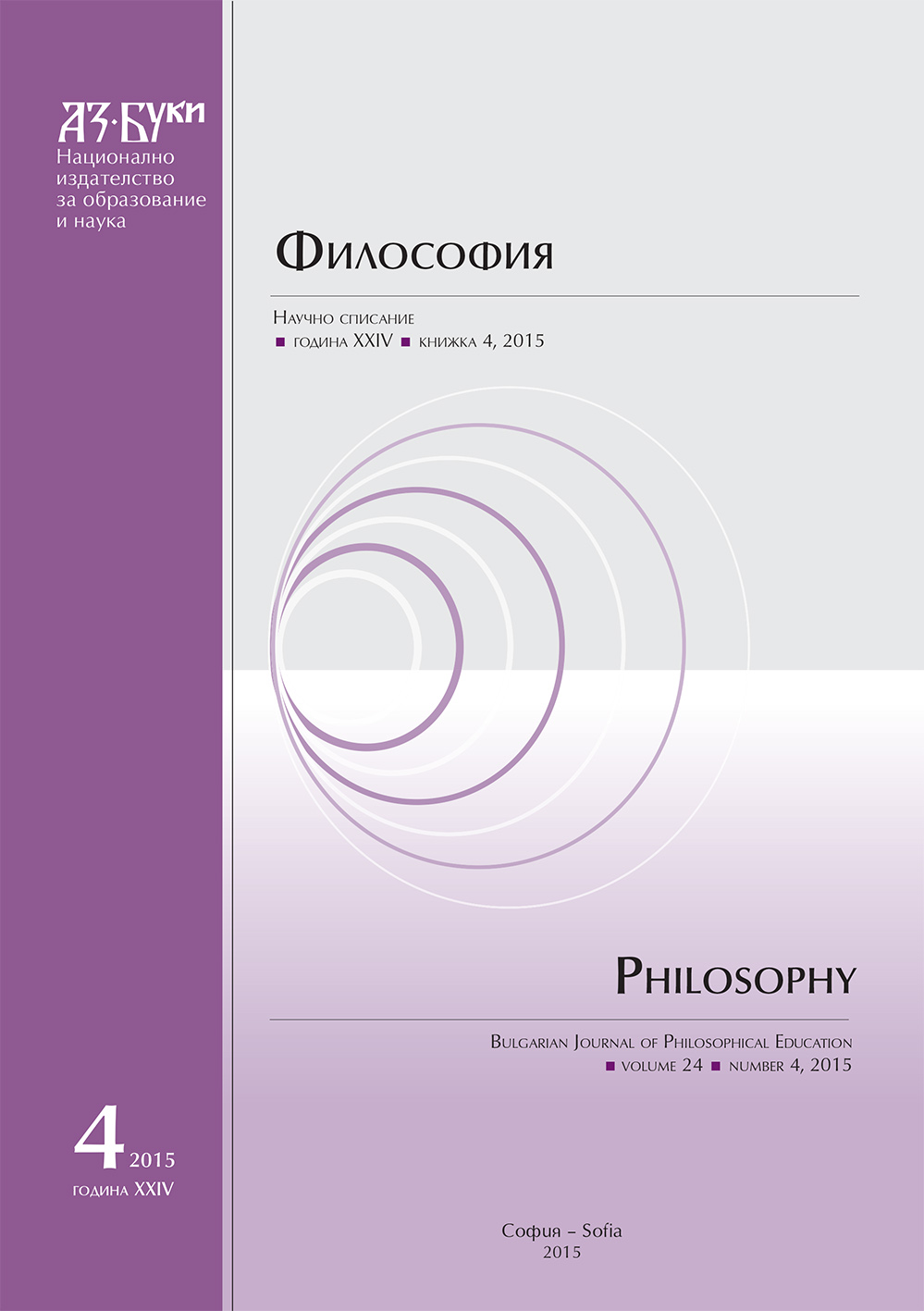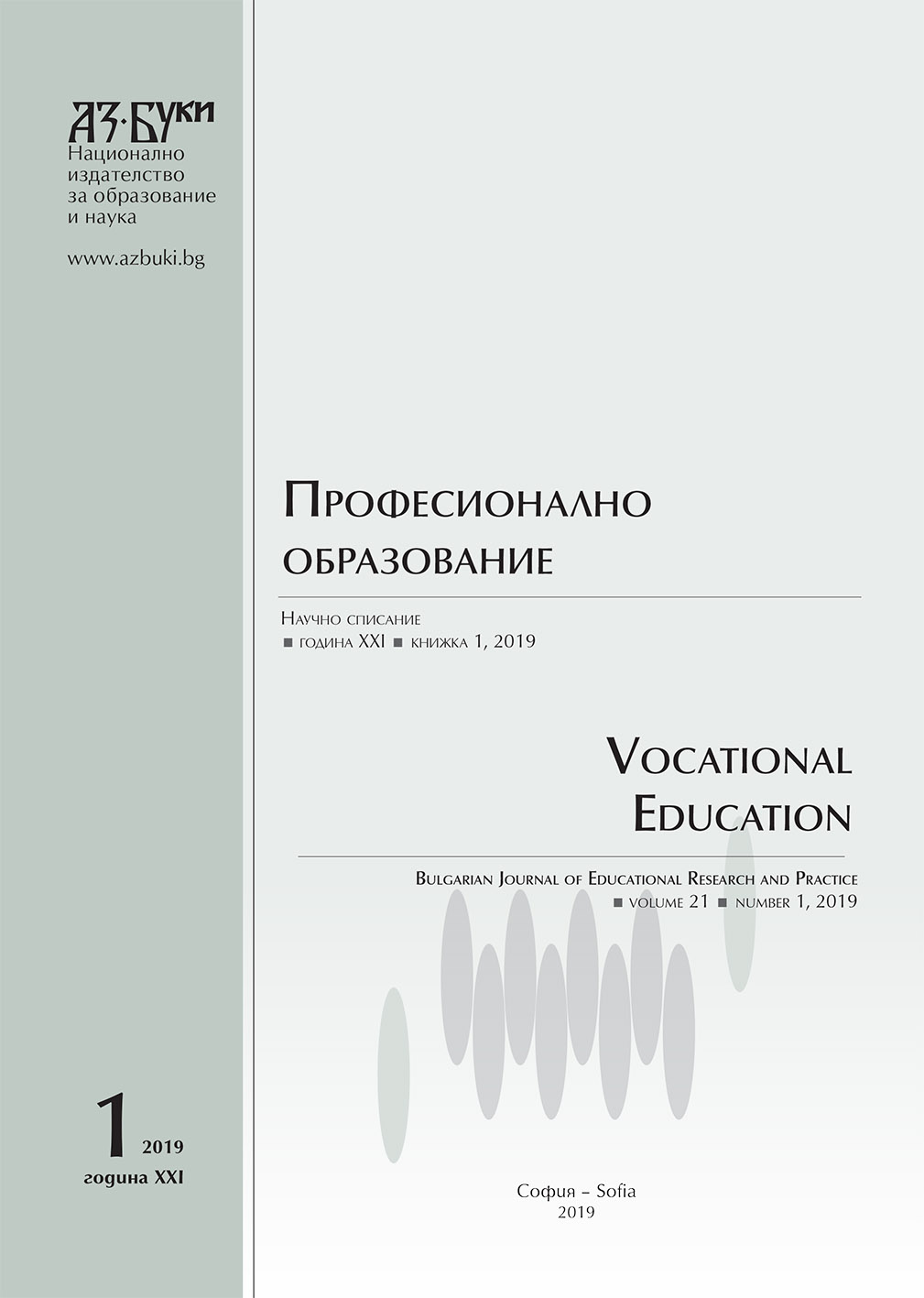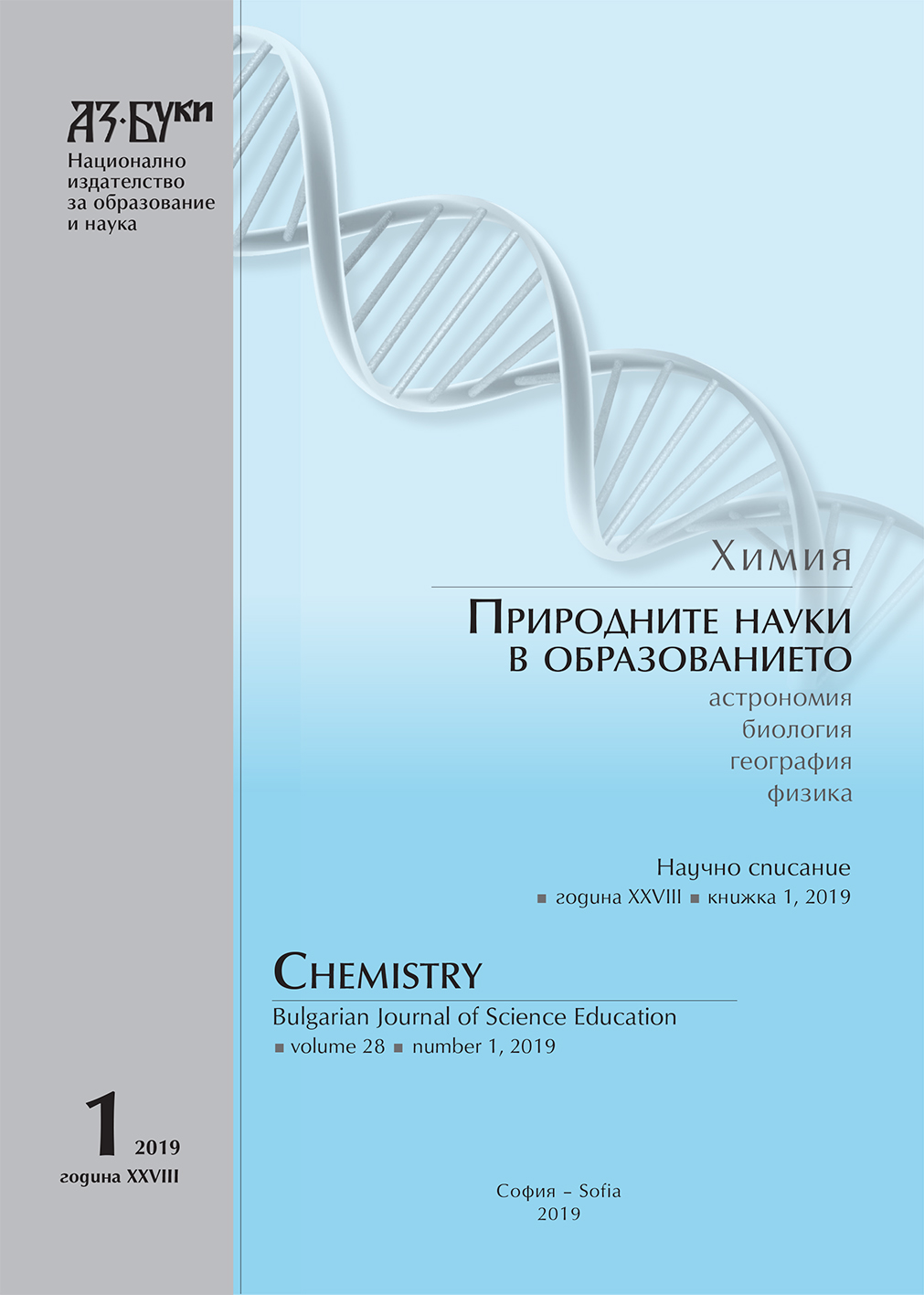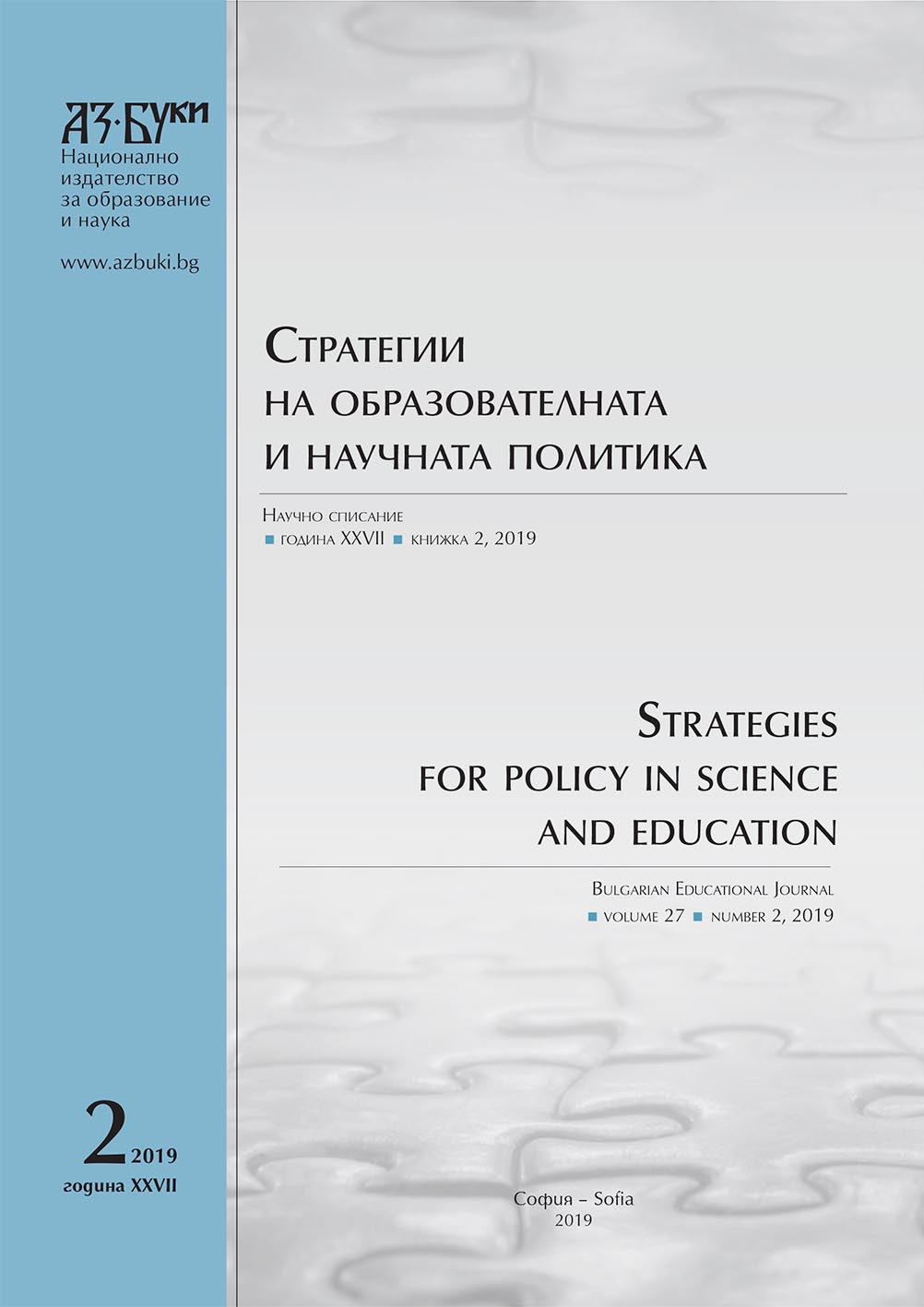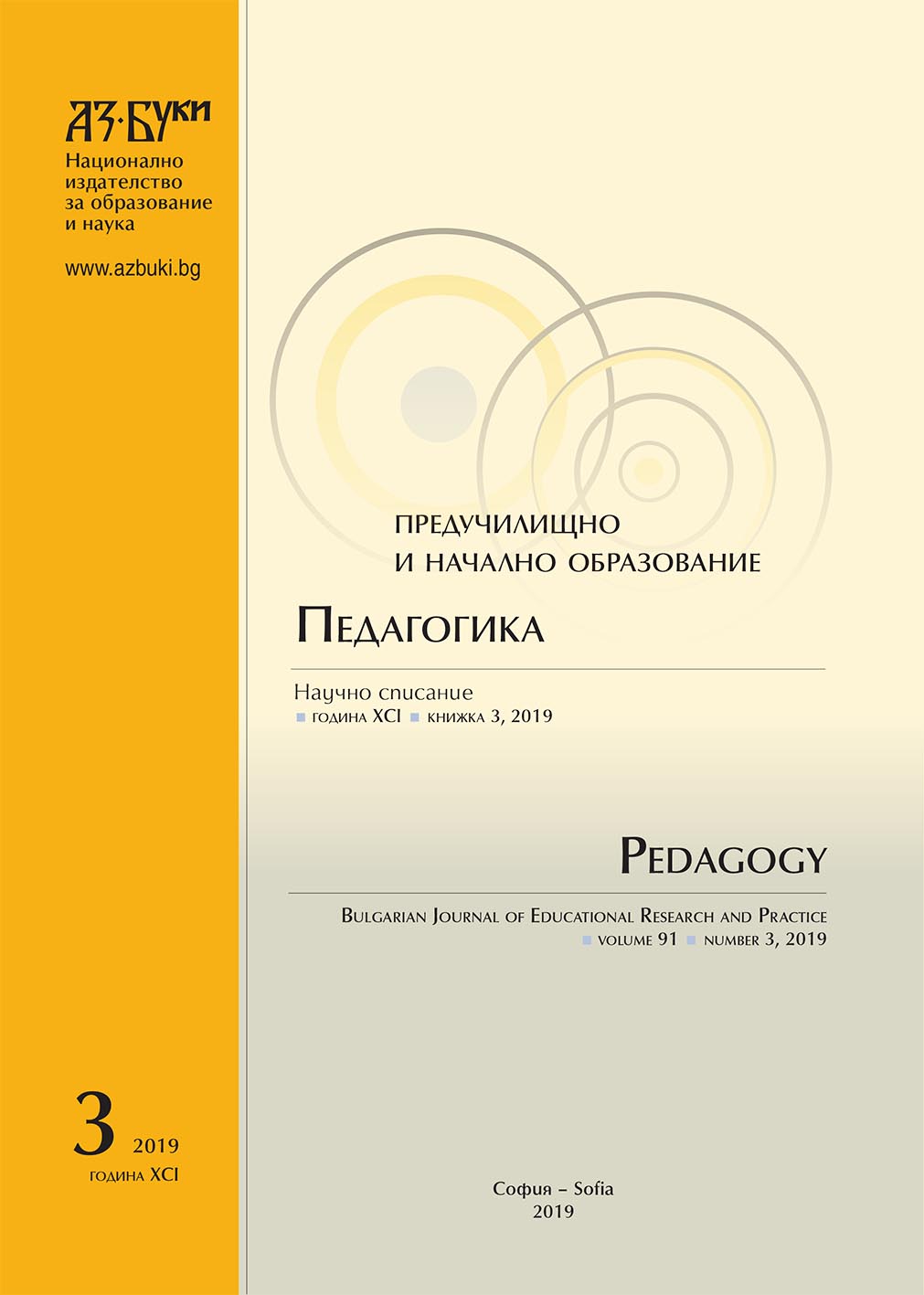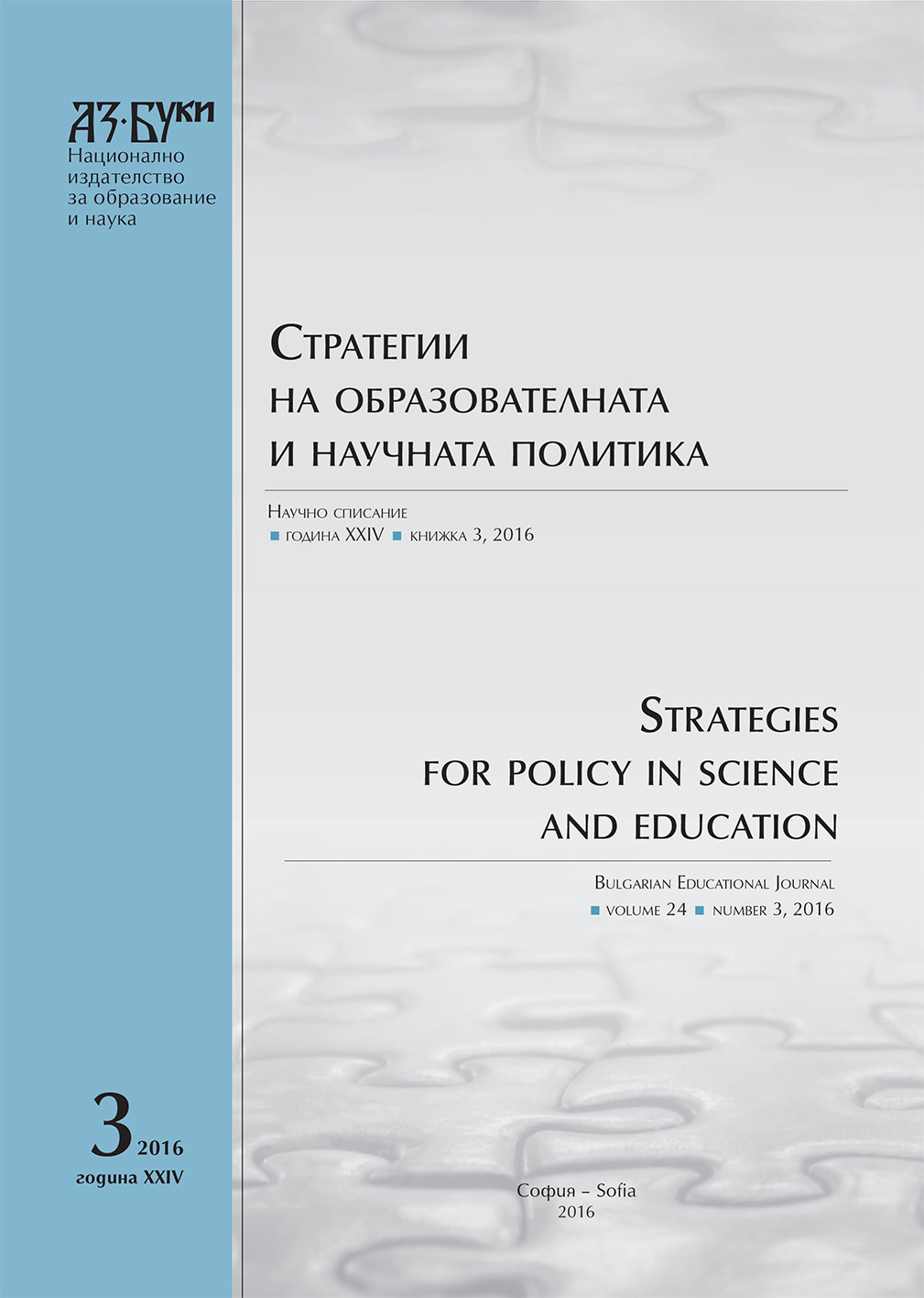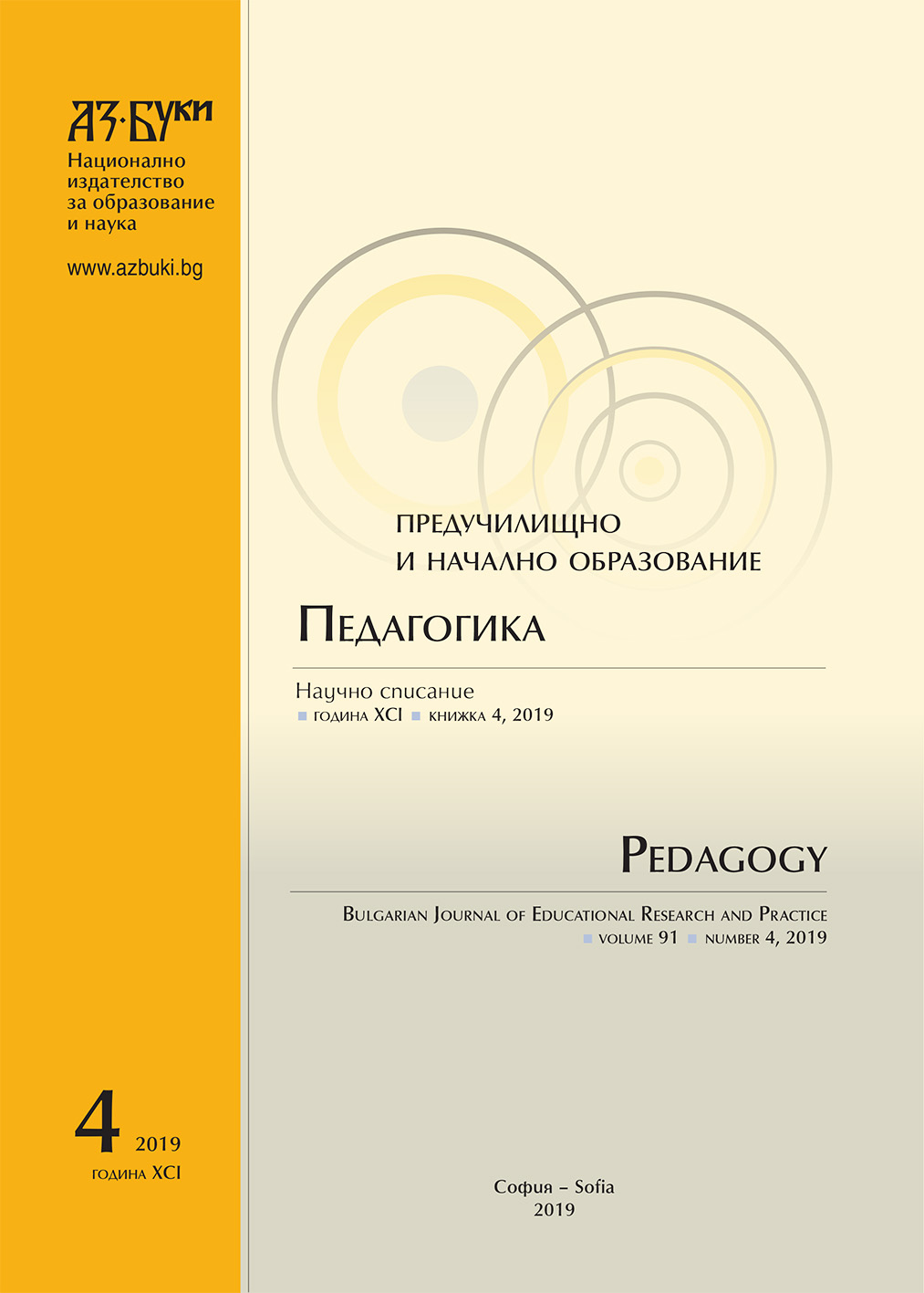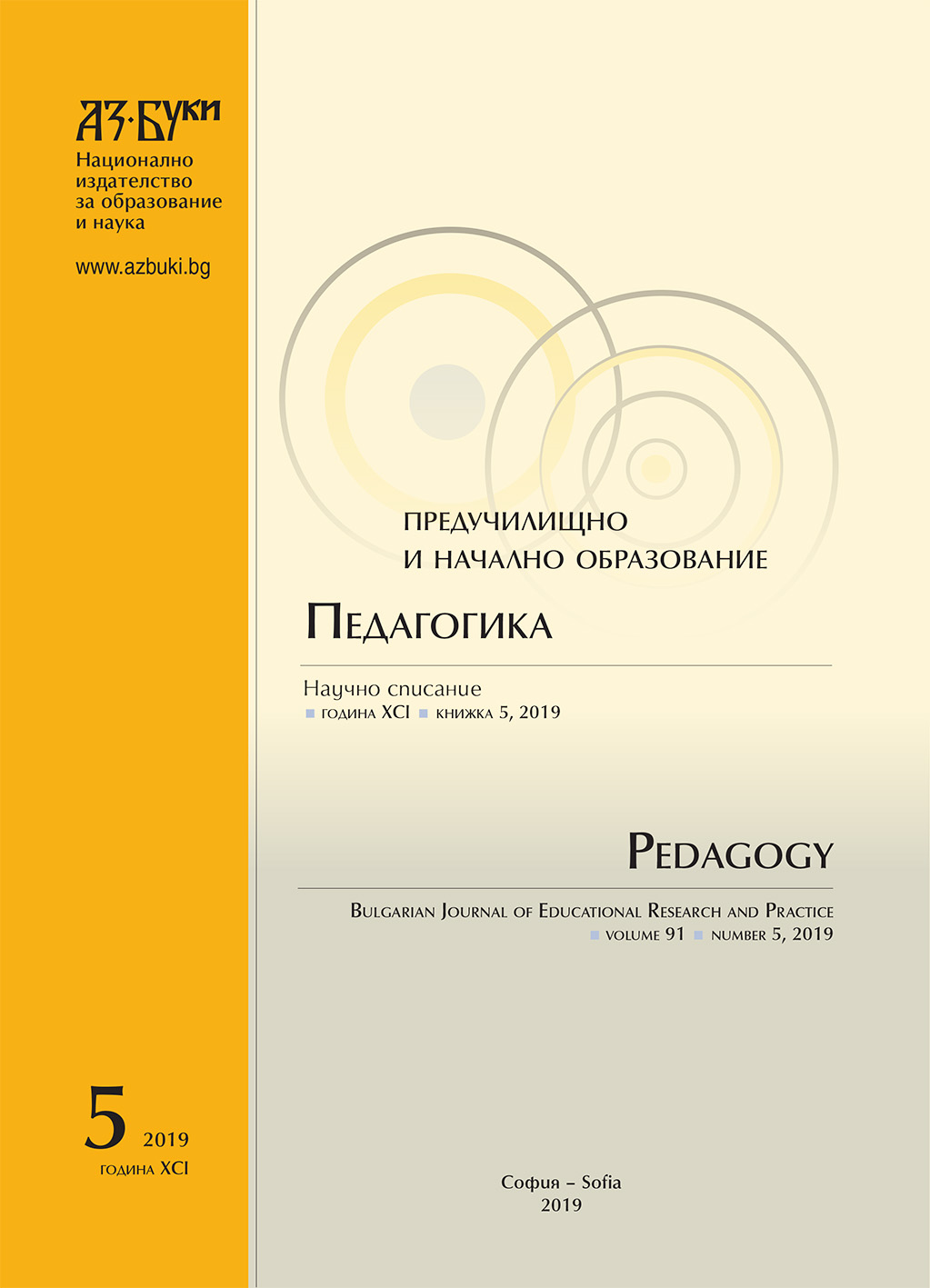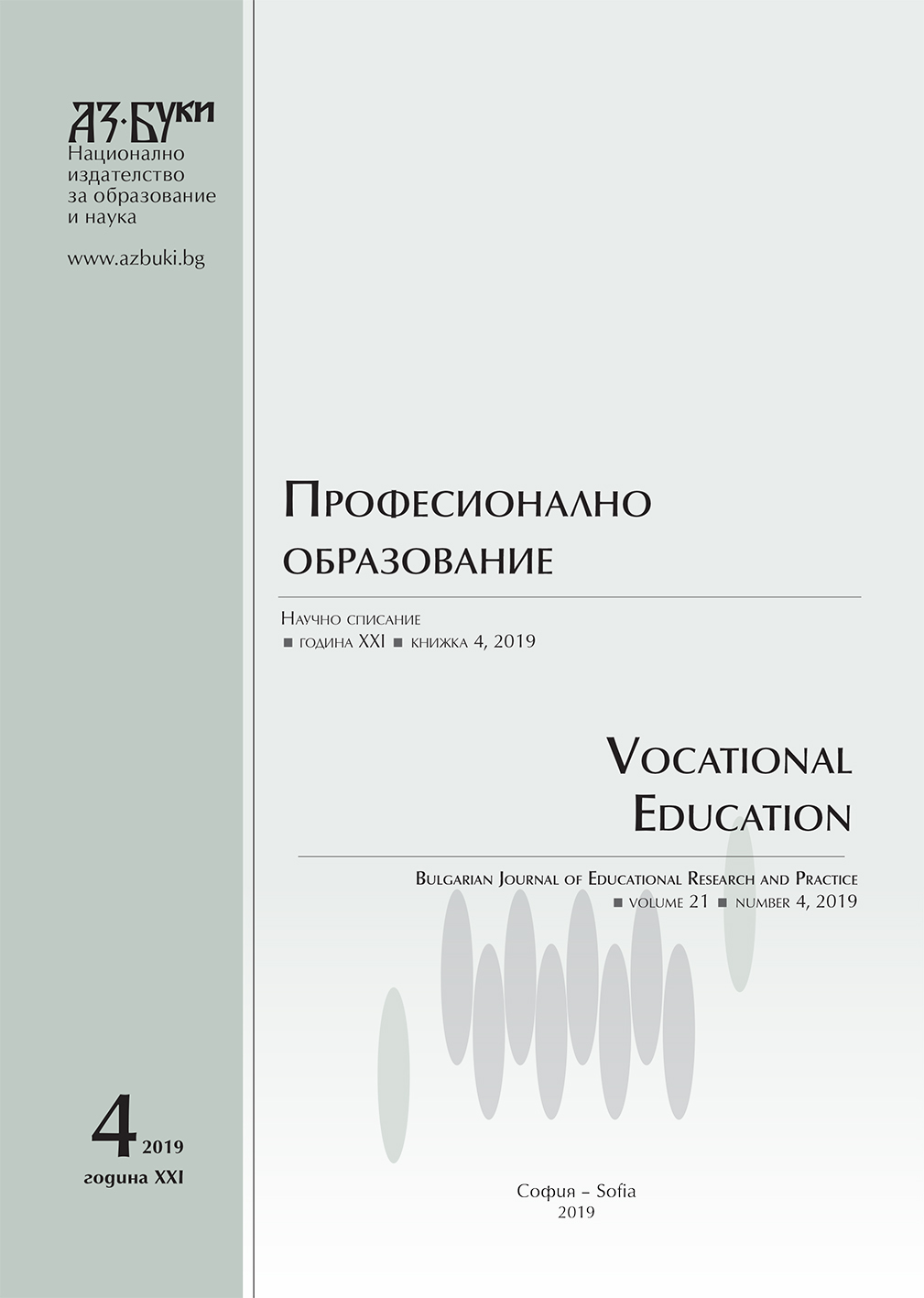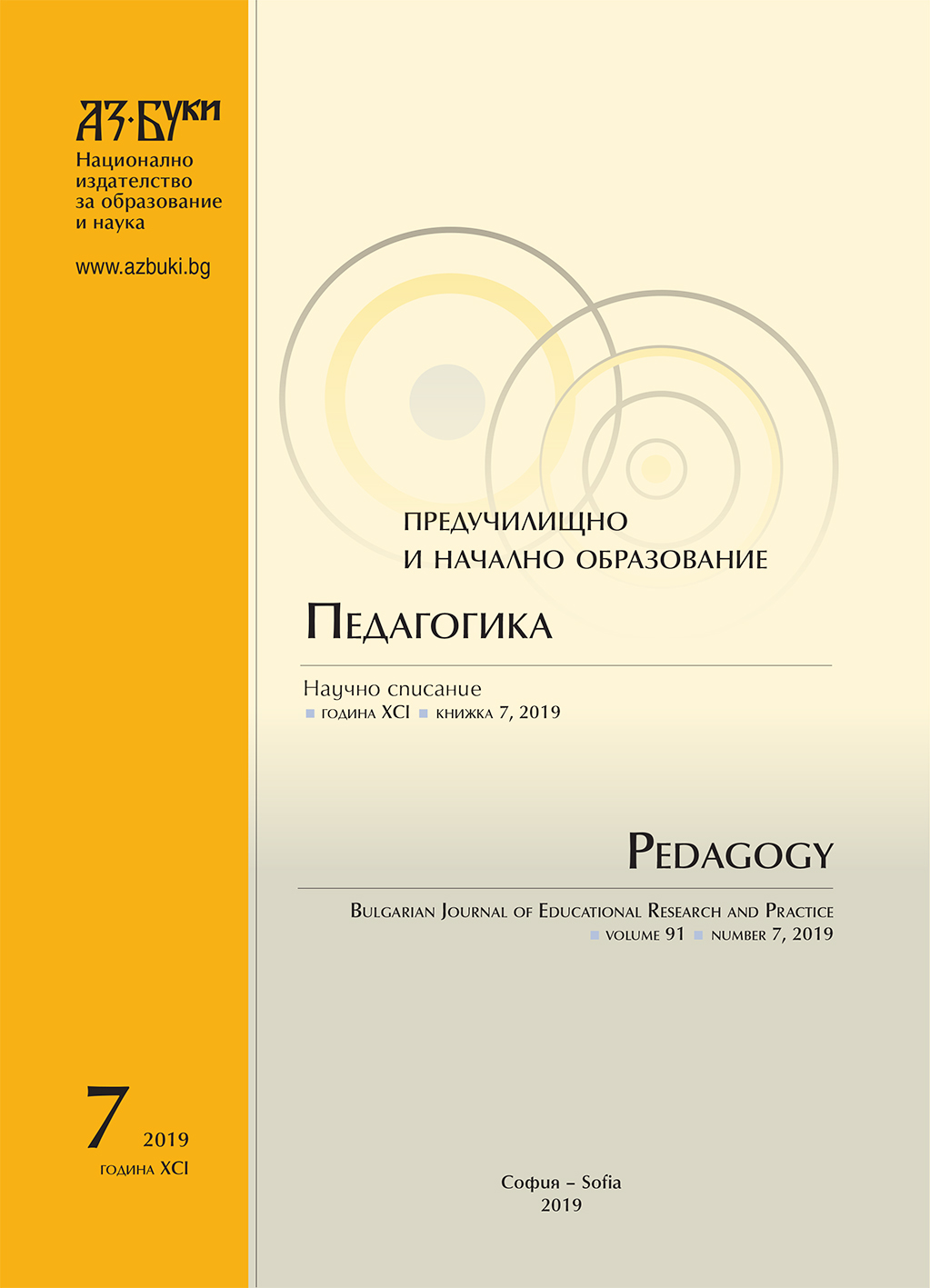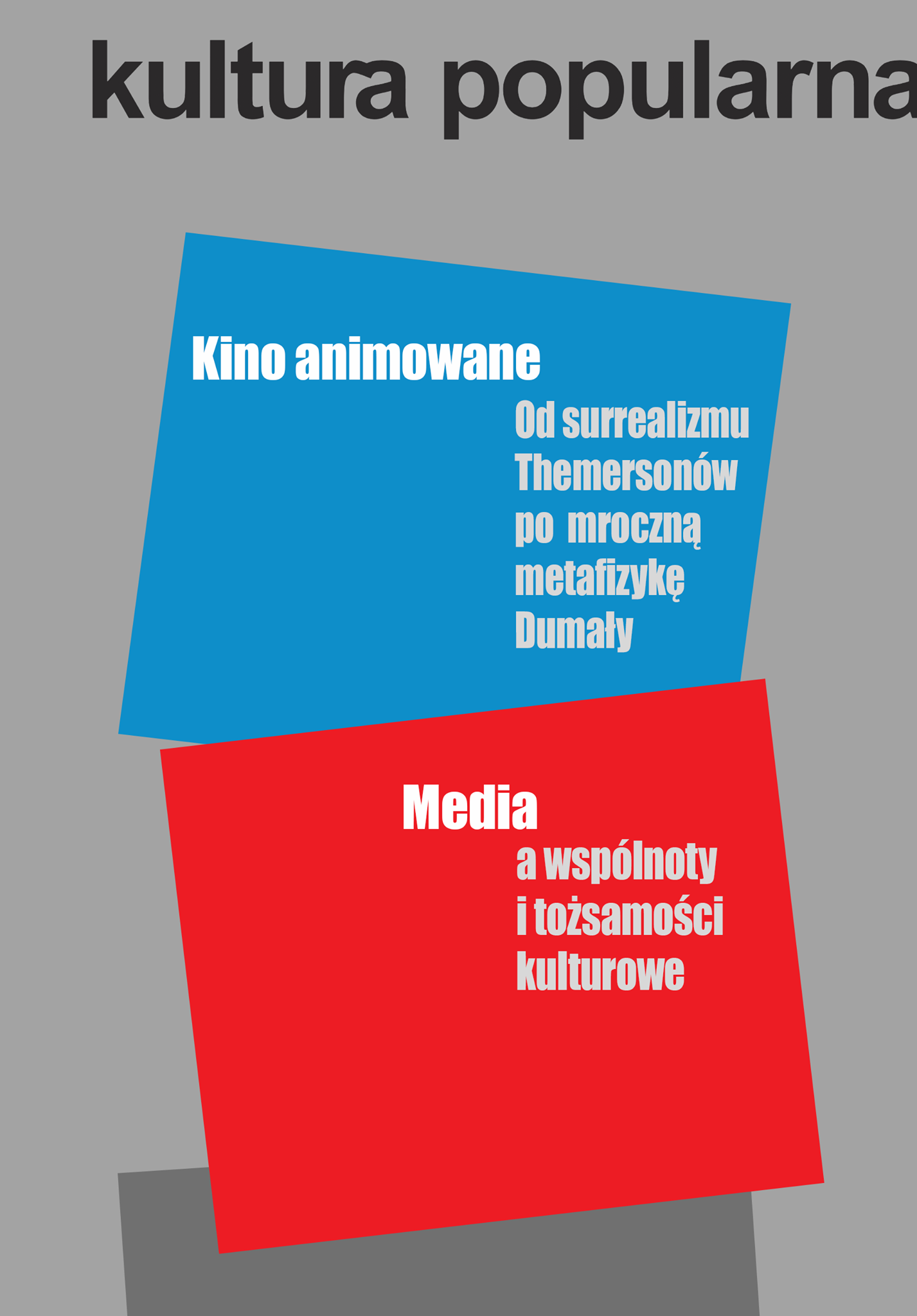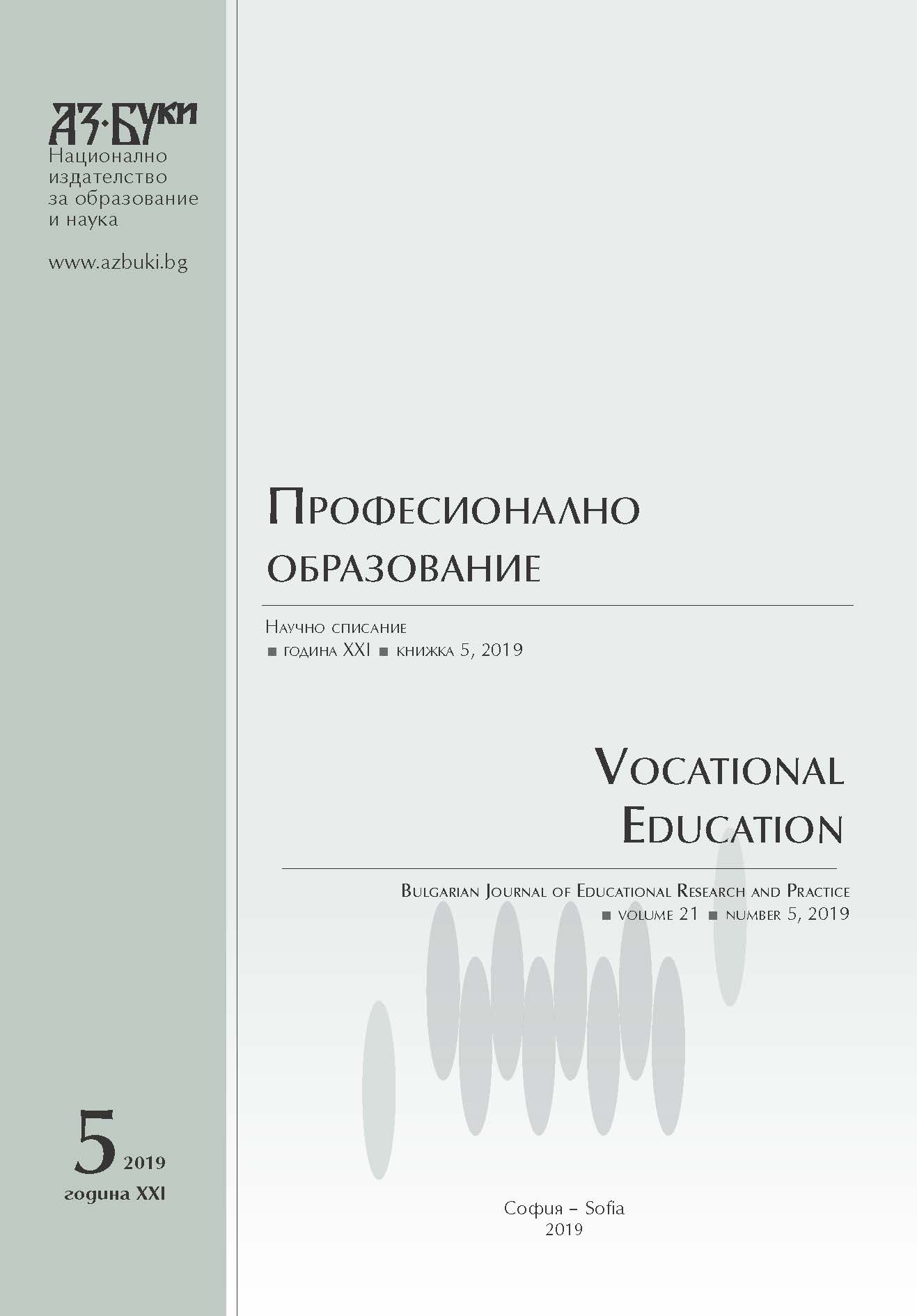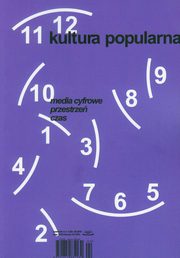
Machinima jako przejaw kina niezależnego w Sieci
The Internet has proven to be an immensely effective tool in text development and distribution for amateur authors. Never before had the amateur authors so many opportunities for sharing their creations with others as they do now thanks to the Internet. The global network has helped not only with the spreading of independent films but also with their evolution in to new forms. A good example of such new film form is machinima, a hybrid of film and computer game – to be more specific, a film created by using the graphic engines and elements of computer games. Machinima are very tightly connected to the Internet. The necessary tools for creating machinima are available on the Internet and it was on the Internet where the machinima appeared for the first time and where this film form gained fame. Another connection between machinima films and the Internet is the source material for machinima. Many machinima use graphic engines and elements of MMORPGs, which one can play only via Internet. That is why machinima films illustrate very well the nature of Internet independent films.
More...
